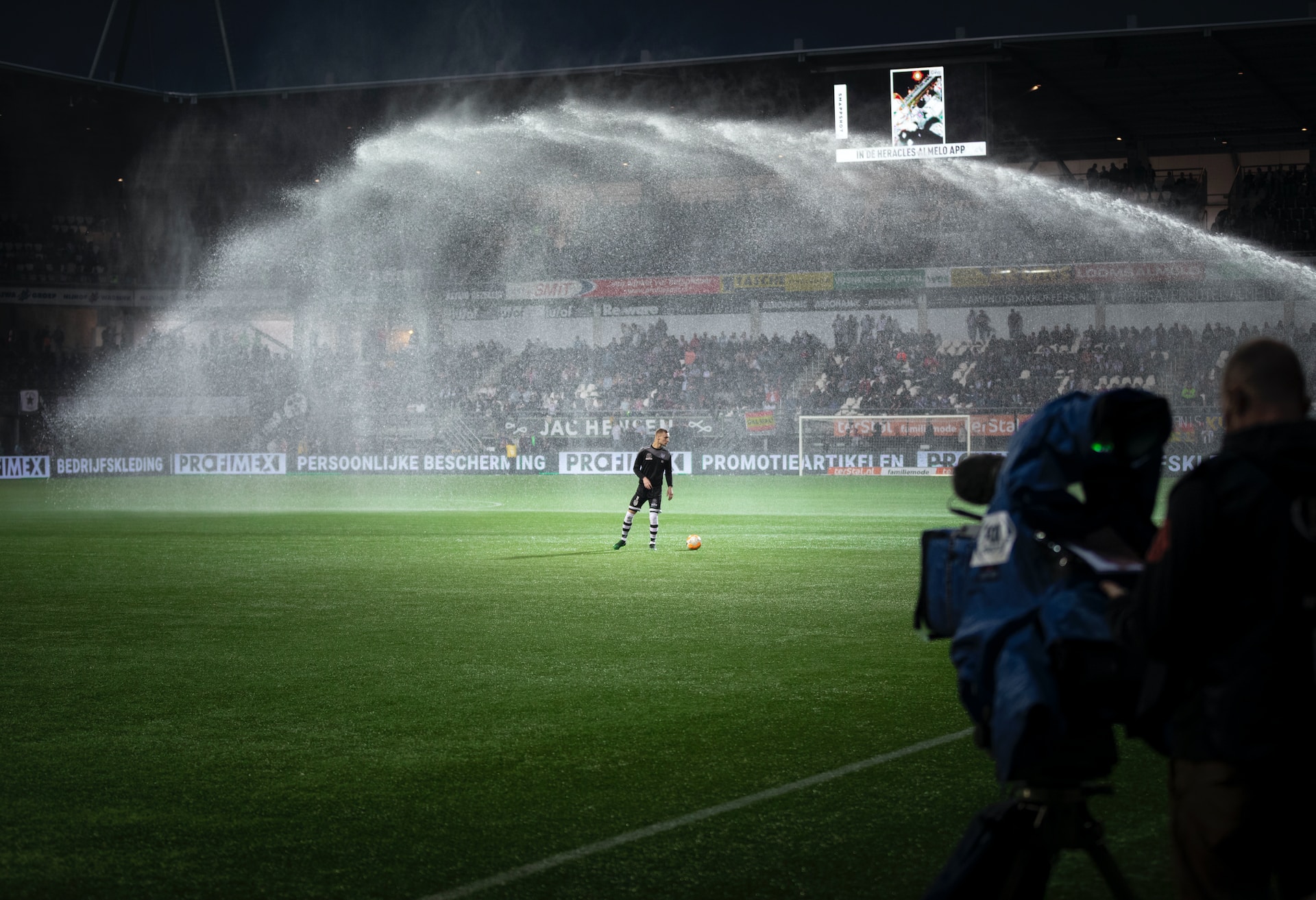Striving for Inclusion: Berlin’s Grassroots Football Leads the Way

The inclusion initiative by World Aquatics to introduce an open gender category at the swimming World Cup in Berlin was met with no participation, drawing attention to the complexities of implementing inclusive policies in sports. Despite intentions to promote inclusivity, the outcome was a sober reminder of the challenges that lie ahead.
Critique from LGBTQ Advocates
Mara Geri, a board member of the Lesbian and Gay Association in Germany, highlighted the inherent problems with the open gender category, likening it to a forced outing for trans athletes, thereby inadvertently fostering exclusion rather than inclusion. This sentiment underscores the need for more nuanced approaches to inclusion in sports.
The Fear Factor in Sports Participation
The German Sport University Cologne’s survey on LGBTQ athletes revealed a stark reality: a significant number of individuals abstain from sports due to the fear of discrimination and exclusion, particularly trans individuals who often feel alienated in the sporting environment. The figures call for a concerted effort to address homophobia and transphobia in sports.

homophobia and transphobia in sports
Berlin’s Progressive Approach
In contrast to the World Cup’s stumble, the Berlin Football Association has been a pioneer, adopting inclusive policies that allow non-binary and trans individuals to play in the gender category they identify with. This inclusive model, established in 2019, has set a precedent for other sports organizations in Germany.
On the Ground Realities
Michaela Jessica Tschitschke, the BFV’s advisor on sexual diversity and a trans woman actively involved in the football community, provides insight into the on-the-ground realities of inclusion. While there is greater openness in women’s teams, trans men face considerable obstacles in gaining acceptance in men’s teams, leading to many abandoning the sport.
Acceptance Beyond One’s Own Team
The battle for acceptance extends beyond one’s team, with prejudices and assumptions about performance advantages often leading to confrontations. The situation highlights the ongoing struggle against ingrained biases and stereotypes in competitive sports.
Institutional Changes
Following Berlin’s lead, the German Football Association has amended its match regulations to incorporate the inclusive rules pioneered by the BFV. While the uptake has been uneven across regional associations, the changes mark a positive direction toward greater inclusivity in sports.
A Positive Outlook
Despite the challenges and the relatively small number of individuals directly affected, the optimism remains high among advocates like Tschitschke. The progress made in Berlin’s grassroots football is a testament to the potential for change and the growing recognition of the importance of inclusion in sports.
©equalityvoices.org
